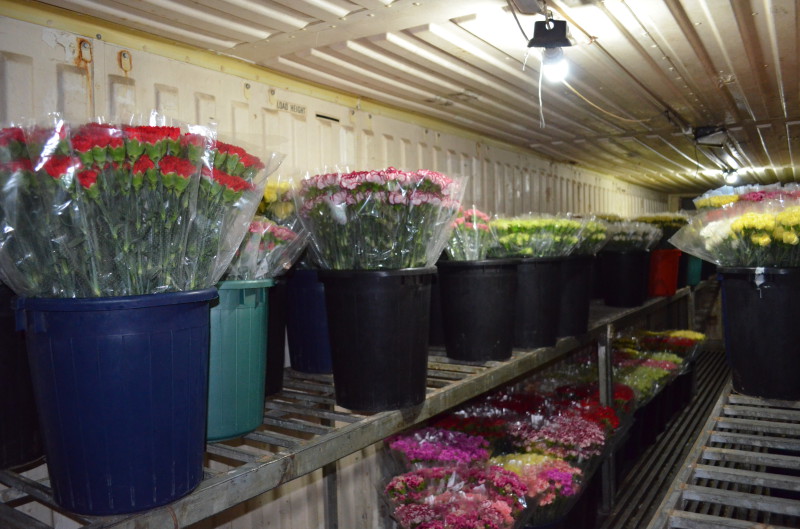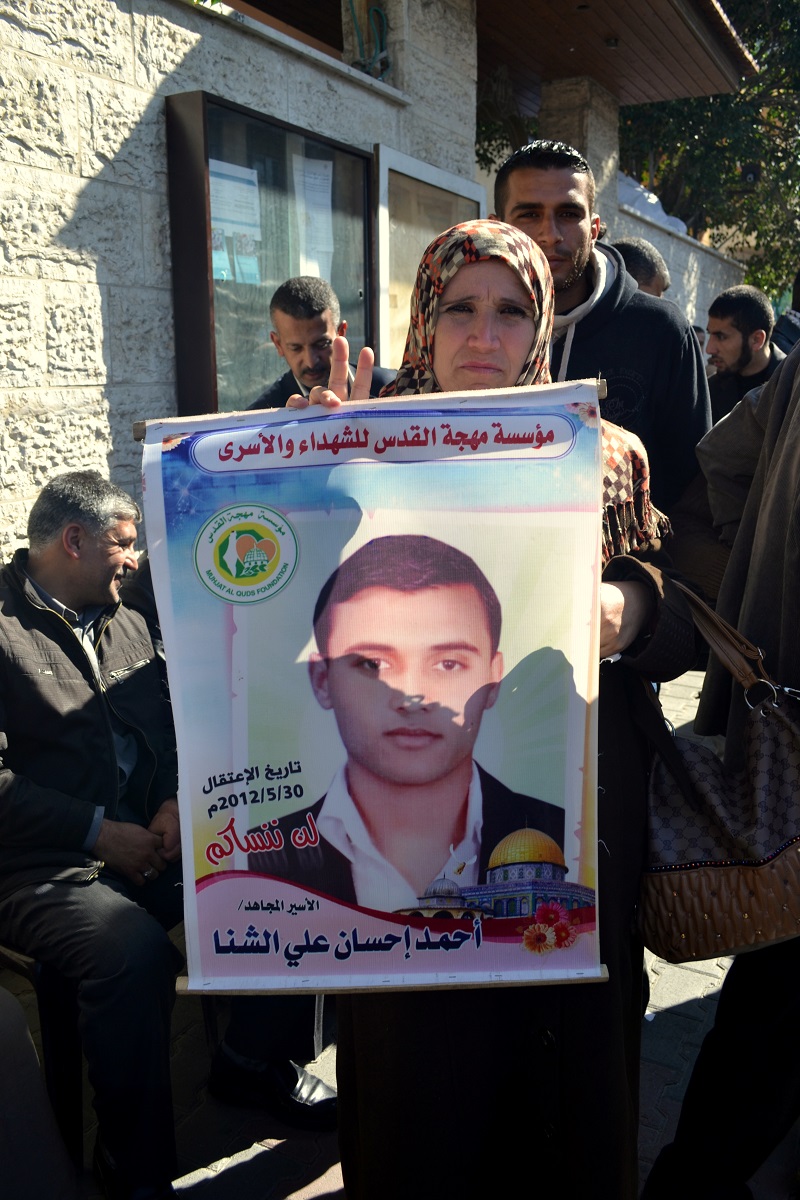Category: Reports
-
Will the flowers of Gaza break Israel’s siege this Valentine’s Day?
12th February 2014 | Corporate Watch, Tom Anderson and Therezia Cooper | Gaza, Occupied Palestine Valentine’s Day is almost upon us and for supermarkets and florists that means a massive increase in the sale of flowers. But how many romantic couples consider where the flowers they exchange are grown? Farmers in Gaza have long been encouraged by…
-
Israeli forces protect settlers as they cut down Palestinian family’s trees
12 February, 2014 | International Solidarity Movement, Khalil Team | Hebron, Occupied Palestine On the afternoon of February 11, 2014, settlers in the Tel Rumeida neighborhood of Al-Khalil (Hebron) cut down trees belonging to the Abu Eisheh family. While attempting to film the destruction of the trees, four human rights activists were arrested by Israeli…
-
“I hope one day all the Palestinian prisoners in Israeli jails will win their freedom”
11th February 2014 | International Solidarity Movement, Gaza Team | Gaza, Occupied Palestine Friends and relatives, as well as local and international activists, gathered Monday morning at the International Committee of the Red Cross in Gaza to demonstrate, like every week, in support of the Palestinian prisoners in Israeli jails. “My cousin was arrested during…



